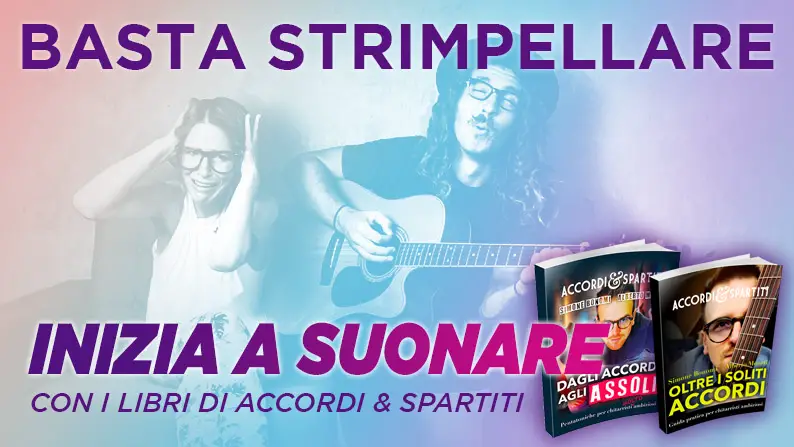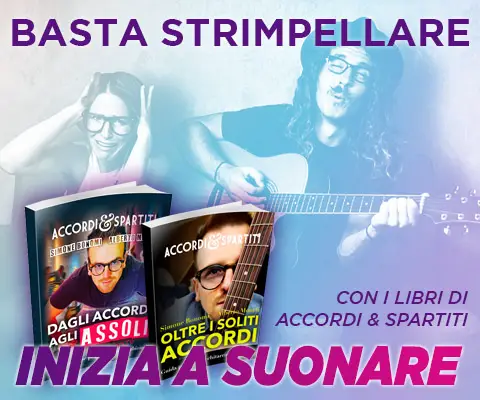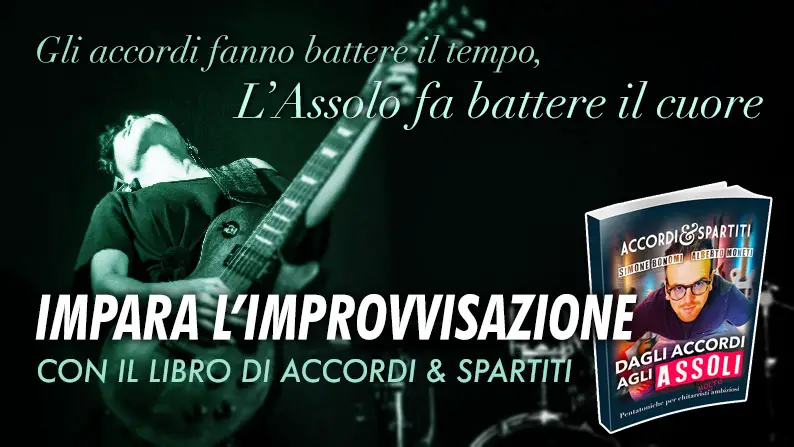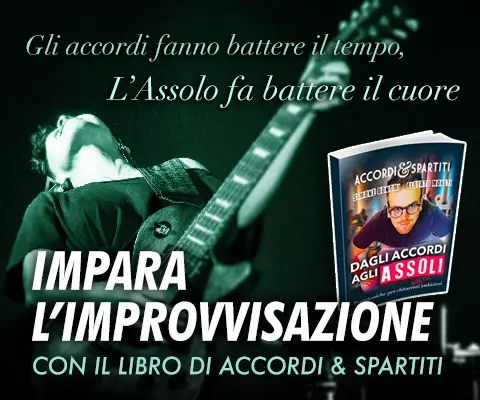You Never Can Tell
Traspositore
0
Semplifica
Testo
Auto-scroll
Traspositore
0
Semplifica accordi
Dimensioni Testo
0
Auto-scroll
You Never Can Tell: Chords
10+ Trucchi per memorizzare le note sulla Chitarra. Scarica Gratis l'Ebook!DO DO It was a teenage wedding and the old folks wished them well You could see that Pierre did truly SOL SOL7 love the mademoiselle SOL And now the young monsieur and madame SOL7 have rung the chapel bell SOL "C'est la vie", say the old folks SOL7 DO it goes to show you never can tell DO They furnished off an apartment with a two room Roebuck sale The coolerator was crammed SOL SOL7 with TV dinners and ginger ale SOL But when Pierre found work SOL7 the little money comin' worked out well SOL "C'est la vie", say the old folks SOL7 DO it goes to show you never can tell DO They had a hi-fi phono, boy did they let it blast Seven hundred little records SOL SOL7 all rock, rhythm and jazz SOL But when the sun went down SOL7 the rapid tempo of the music fell SOL "C'est la vie", say the old folks SOL7 DO it goes to show you never can tell DO They bought a souped-up jitney 'twas a cherry red '53, They drove it down to Orleans SOL SOL7 to celebrate the anniversary SOL It was there that Pierre was married SOL7 to the lovely mademoiselle SOL "C'est la vie", say the old folks SOL7 DO it goes to show you never can tell Strumentale: DO SOL SOL7 SOL SOL7 SOL SOL7 DO DO They had a teenage wedding and the old folks wished them well You could see that Pierre did truly SOL SOL7 love the mademoiselle SOL And now the young monsieur and madame SOL7 have rung the chapel bell SOL "C'est la vie", say the old folks SOL7 DO it goes to show you never can tell
Credits
Autore: BERRY CHUCKCopyright: © ARC MUSIC, BMG PLATINUM SONGS US, BMG RIGHTS MANAGEMENT (ITALY) S.R.L.
Generato su Accordi e Spartiti - www.accordiespartiti.it
Tutto il contenuto si intende esclusivamente a uso didattico, di studio e di ricerca. Esso non è tratto da alcuna pubblicazione, ma è frutto esclusivamente di libere interpretazioni personali.L'utilizzazione di tali materiali è consentita unicamente a fini didattici e ne è vietata qualsiasi utilizzazione a scopi commerciali quali, a titolo esemplificativo, la pubblicazione a mezzo stampa oppure online oppure mediante pubblica rappresentazione.
You Never Can Tell: Video
You Never Can Tell (C'est La Vie) è una canzone di Chuck Berry del 1964, scritta dallo stesso mentre si trovava in prigione per tentato crimine sessuale. La storia parla del matrimonio di una giovane coppia e della loro luna di miele a New Orleans. La canzone vanta numerose cover, su tutte quella degli Status Quo, ed è anche stata usata come colonna sonora per il film Pulp Fiction, di Quentin Tarantino.
Articoli correlati
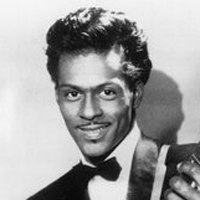 Chuck Berry: Vedi tutte le canzoni
Chuck Berry: Vedi tutte le canzoni

My Ding-a-ling
My Ding-a-ling è un brano scritto e interpretato dal grande Chuck Berry, pubblicato come singolo nel 1972. Canzone che ...

Johnny B. Goode
Una canzone che parla da sola: il sogno americano di un ragazzo di campagna che suona la chitarra da dio e diventa una s...

Sweet Little Sixteen
Sweet Little Sixteen è un brano scritto e interpretato da Chuck Berry all'anagrafe Charles Edward Anderson Berry, pubbl...

Memphis, Tennessee
Memphis, Tennessee è un brano composto e inciso da Chuck Berry, all'anagrafe Charles Edward Anderson, pubblicato come s...

School Days
School Days è un brano scritto e interpretato da Chuck Berry, pubblicata come singolo e poi inserita nell'album After S...








